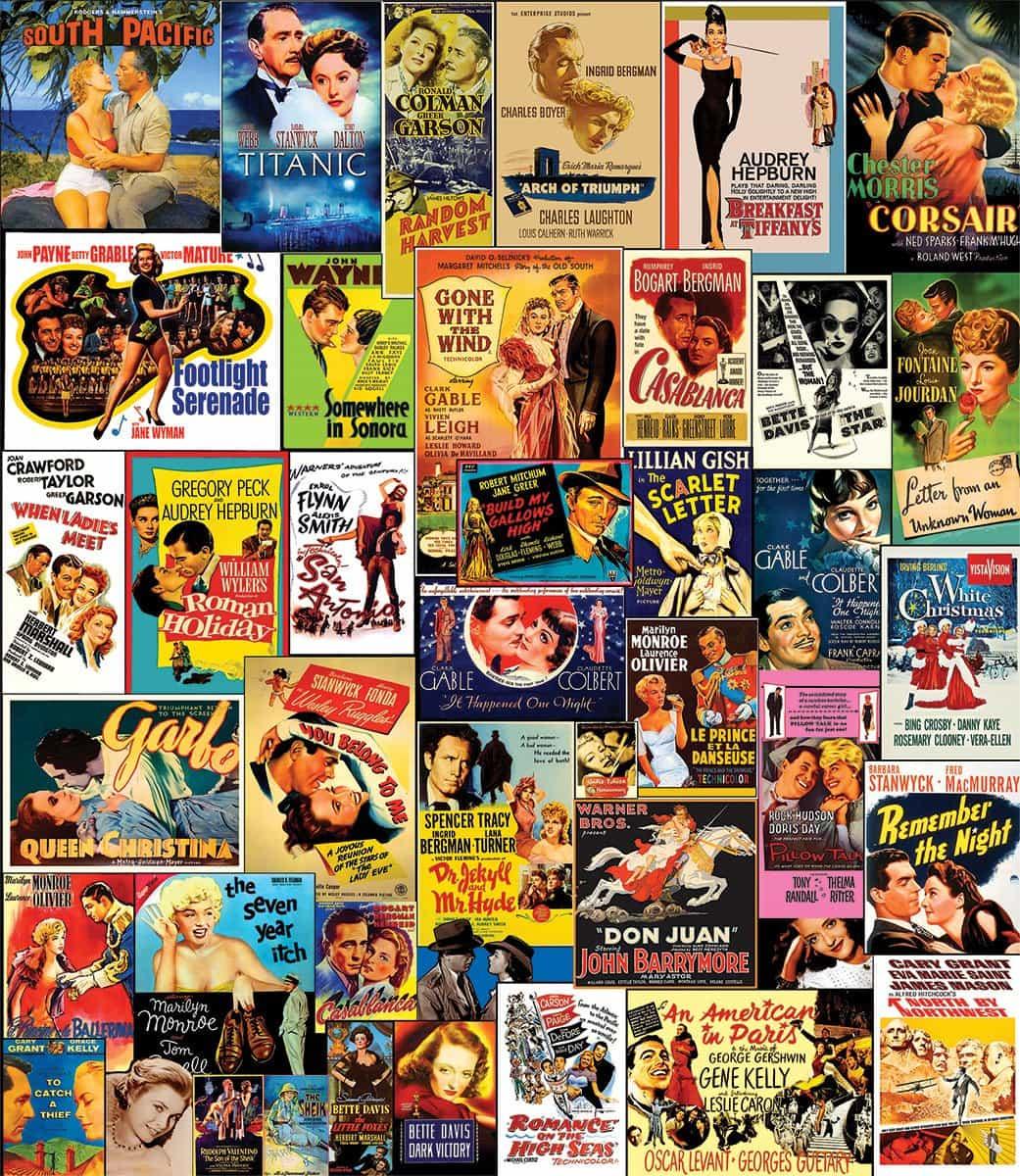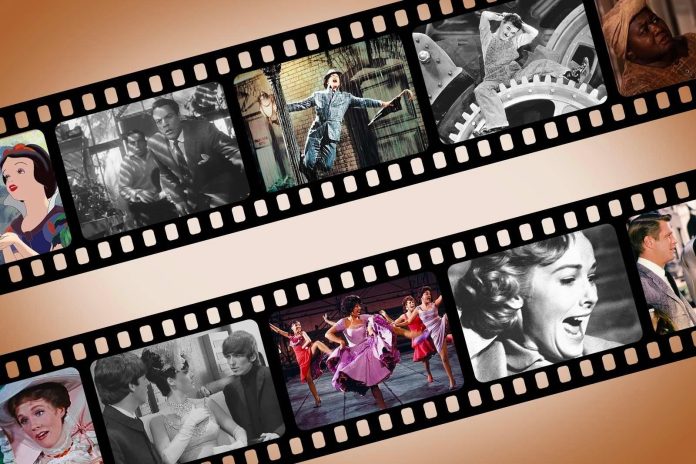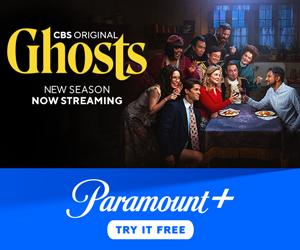In the grand tapestry of cinematic history, certain films stand as towering pillars, casting long shadows over the silver screen. These masterpieces, revered and celebrated across generations, have not only shaped the art of filmmaking but have also become integral to our cultural lexicon. As we embark on a journey through the annals of cinema, we present to you an authoritative guide to the top ten must-watch classic movies of all time. These films transcend mere entertainment; they are the very essence of storytelling brilliance, each a testament to the visionaries who dared to push the boundaries of imagination and craft. Whether you are a seasoned cinephile or a curious newcomer, prepare to be captivated by the timeless allure and enduring impact of these iconic works.
Unveiling Cinematic Treasures A Journey Through Timeless Masterpieces

Embark on an enthralling expedition through the annals of film history as we uncover ten extraordinary works that have left an indelible mark on the world of cinema. These masterpieces, renowned for their storytelling brilliance and groundbreaking innovation, offer a profound glimpse into the artistic genius of their creators. Prepare to be captivated by a journey that transcends time and space, inviting you to relive moments of unparalleled cinematic magic.
- Casablanca: A romantic saga set against the backdrop of World War II, weaving love and sacrifice into a narrative that resonates through the ages.
- Citizen Kane: A revolutionary piece that redefined storytelling, with its non-linear narrative and intricate character study.
- Gone with the Wind: An epic tale of love and loss amidst the tumult of the American Civil War, celebrated for its grandeur and emotional depth.
- The Godfather: A compelling exploration of power and family, this film is a cornerstone of modern cinema with its unforgettable characters and iconic scenes.
- Psycho: Alfred Hitchcock’s masterpiece that introduced the world to a new level of suspense and psychological intrigue.
- Lawrence of Arabia: A sweeping epic that paints a vivid portrait of adventure and self-discovery in the vast deserts of the Middle East.
- Vertigo: A haunting tale of obsession and identity, masterfully crafted with Hitchcock’s signature style and tension.
- Schindler’s List: A poignant and powerful narrative that confronts the horrors of the Holocaust with unflinching honesty.
- 12 Angry Men: A gripping courtroom drama that delves into the complexities of justice and human nature.
- Sunset Boulevard: A dark and compelling look at the price of fame and the decline of Hollywood’s golden era.
Iconic Performances that Shaped Film History
Delving into the annals of cinematic history, certain performances have left an indelible mark, transcending the silver screen to become cultural touchstones. These portrayals have not only captivated audiences but have also set benchmarks for excellence in acting. Marlon Brando’s raw intensity in A Streetcar Named Desire and his iconic turn in The Godfather redefined method acting, leaving a legacy of authenticity and depth. Vivien Leigh’s portrayal of the complex and resilient Scarlett O’Hara in Gone with the Wind remains a testament to her unparalleled range and charisma.
- Humphrey Bogart in Casablanca – A timeless embodiment of stoic romance and sacrifice.
- Audrey Hepburn in Breakfast at Tiffany’s – A performance that exudes charm and sophistication, influencing fashion and film alike.
- Robert De Niro in Taxi Driver – A haunting portrayal of alienation and obsession, cementing his status as a powerhouse of the craft.
- Meryl Streep in Sophie’s Choice – A performance of profound emotional depth, showcasing her extraordinary ability to inhabit a character.
These performances are more than just acting; they are masterclasses in storytelling, each contributing to the rich tapestry of film history. For any cinephile, these portrayals are not just recommended but essential, offering a glimpse into the transformative power of cinema.
Directorial Visions that Redefined Storytelling
In the vast realm of cinema, a select group of directors have crafted narratives that transcend time, reshaping the very essence of storytelling. These visionary auteurs have not only entertained but also provoked thought and emotion, leaving indelible marks on the art of filmmaking. Their works are characterized by distinctive styles, innovative techniques, and profound themes that challenge conventional narratives.
- Alfred Hitchcock: Known as the “Master of Suspense,” Hitchcock’s meticulous attention to detail and unique ability to build tension through visual storytelling have made films like Psycho and Vertigo enduring masterpieces.
- Stanley Kubrick: With a diverse filmography that spans genres, Kubrick’s works are known for their intense visual composition and thematic depth, as seen in films such as 2001: A Space Odyssey and A Clockwork Orange.
- Akira Kurosawa: A maestro of epic storytelling, Kurosawa’s influence is evident in his ability to blend traditional Japanese themes with universal human experiences, as exemplified in films like Seven Samurai and Rashomon.
These directors have not only shaped their respective genres but have also inspired countless filmmakers, proving that the power of cinema lies in the ability to innovate and captivate. Their contributions have redefined storytelling, setting a benchmark for future generations.
Cultural Impact and Enduring Legacy of Classic Films
The golden era of cinema has left an indelible mark on both society and the film industry, with classic films shaping cultural narratives and setting benchmarks for storytelling, cinematography, and performance. These films have transcended their time, influencing countless directors, writers, and actors across generations. Their impact is felt in the way modern movies are crafted, with many contemporary filmmakers drawing inspiration from the themes, techniques, and styles pioneered by these cinematic masterpieces.
Beyond their technical prowess, these classic films have also had a profound effect on the cultural fabric of society. They have sparked conversations, challenged societal norms, and provided audiences with a mirror to reflect on their own realities. Icons of the silver screen, these films have become a part of the global cultural lexicon, referenced in art, literature, and even everyday conversations. Their enduring legacy is evident in their ability to remain relevant, providing not only entertainment but also a rich tapestry of cultural and historical context.
- Influence on Modern Filmmaking: Techniques such as the use of shadows and light in film noir continue to be emulated today.
- Cultural Conversations: Many classic films have addressed issues such as race, gender, and class, sparking important discussions.
- Iconic Imagery: Scenes and characters from these films are instantly recognizable and have become cultural touchstones.



